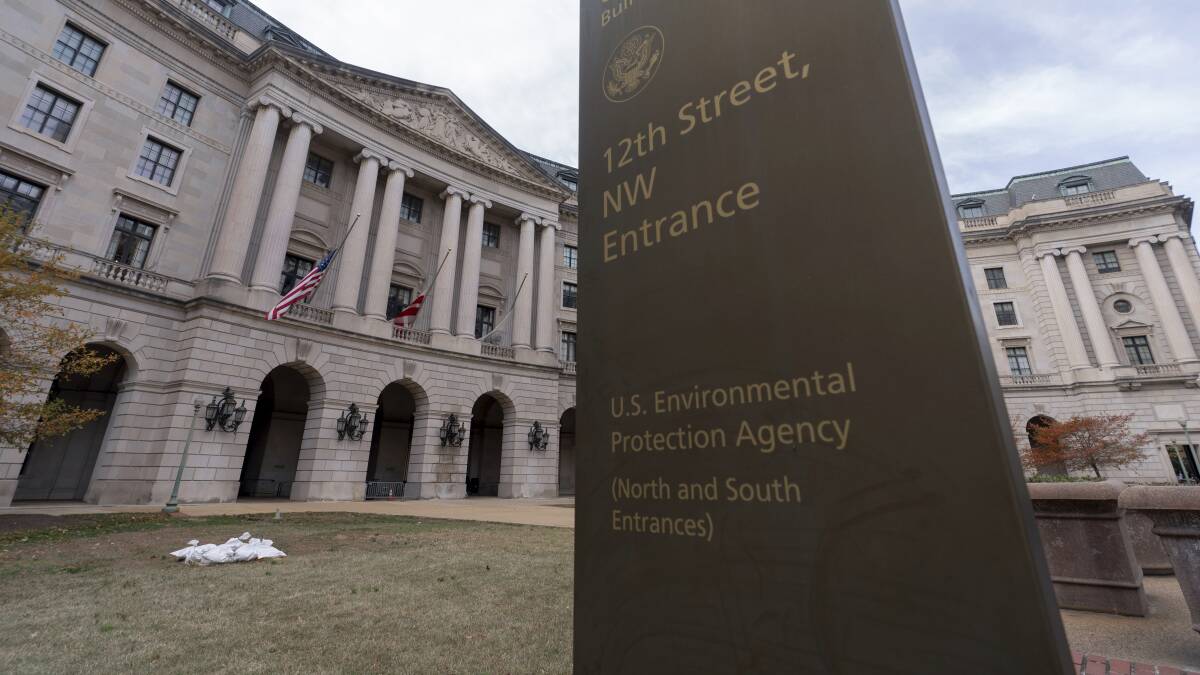Green Light: Trump Team Revives Environmental Funding Amid Skeptical Outcry

Massachusetts Environmental Projects Receive Renewed Federal Funding
Environmental initiatives in Massachusetts are breathing a sigh of relief as hundreds of millions of dollars in federal grants have been reinstated. The funding, previously halted during the Trump administration, was restored following a strategic legal challenge by Massachusetts' Attorney General and other state officials.
The successful lawsuit has reopened critical financial channels for environmental projects across the state, ensuring that crucial conservation, restoration, and sustainability efforts can move forward. This victory represents a significant win for Massachusetts' environmental advocates, who have been fighting to protect and improve the state's natural resources.
The restored grants will support a wide range of environmental programs, from coastal preservation to clean energy initiatives, providing much-needed financial support to projects that are vital to the state's ecological health and sustainability goals.
